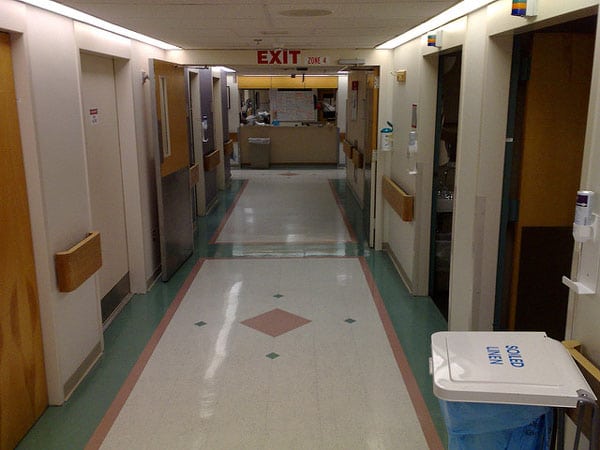
September 20, 2018; Medical Bag
I guess we shouldn’t be surprised that “grateful patient philanthropy” adds up to around $10 billion in charitable giving every year. The set of ethical considerations in this realm that need to be observed are the topic of a new report published in the Journal of American Medicine, but to us, the whole thing sounds less than straightforward—and even a little frightening.
Apparently, there is some measure of agreement that fundraising from the grateful patient should only take place after successful treatment is complete—or, in other words, stay away from bringing up a donation in the midst of a medical crisis or when they may be feeling somewhat vulnerable “due to their diseases and conditions.” This article advises:
According to surveys among oncologists, the majority of physicians in this disease specialty feel they have a duty to participate in fundraising but often feel uncomfortable speaking to their patients regarding this topic. Only 26 percent of physicians, according to these surveys, have received education on the ethical guidelines for soliciting donations from patient potential donors.
Sign up for our free newsletters
Subscribe to NPQ's newsletters to have our top stories delivered directly to your inbox.
By signing up, you agree to our privacy policy and terms of use, and to receive messages from NPQ and our partners.
All in all, the researchers say, fundraising should ideally be kept “separate from the clinical encounter.”
I don’t know whether to be glad or scared that I show no obvious signs of wealth, since those identified as prospective donors may be the recipients of “best practices” in inpatient fundraising, as described in this report from Campbell & Co. For example, “Having a foundation staff member who is either a former physician or hospital staff member act as a clinical liaison can nurture strong clinical staff engagement and provide significant benefit to current and prospective donors.” So, what sort of clinical staff engagement do the rest of us get from our local nonprofit hospital? Talk about a slippery ethical slope!
“Physicians often feel unprepared and uncomfortable discussing financial issues with their patients,” reads the study, “in part because physicians rarely receive adequate training to do so. This could undermine successfully establishing a philanthropic relationship with a patient or, even worse, risk compromising the therapeutic patient-physician alliance.” I wonder which they really feel is worse?—Ruth McCambridge











